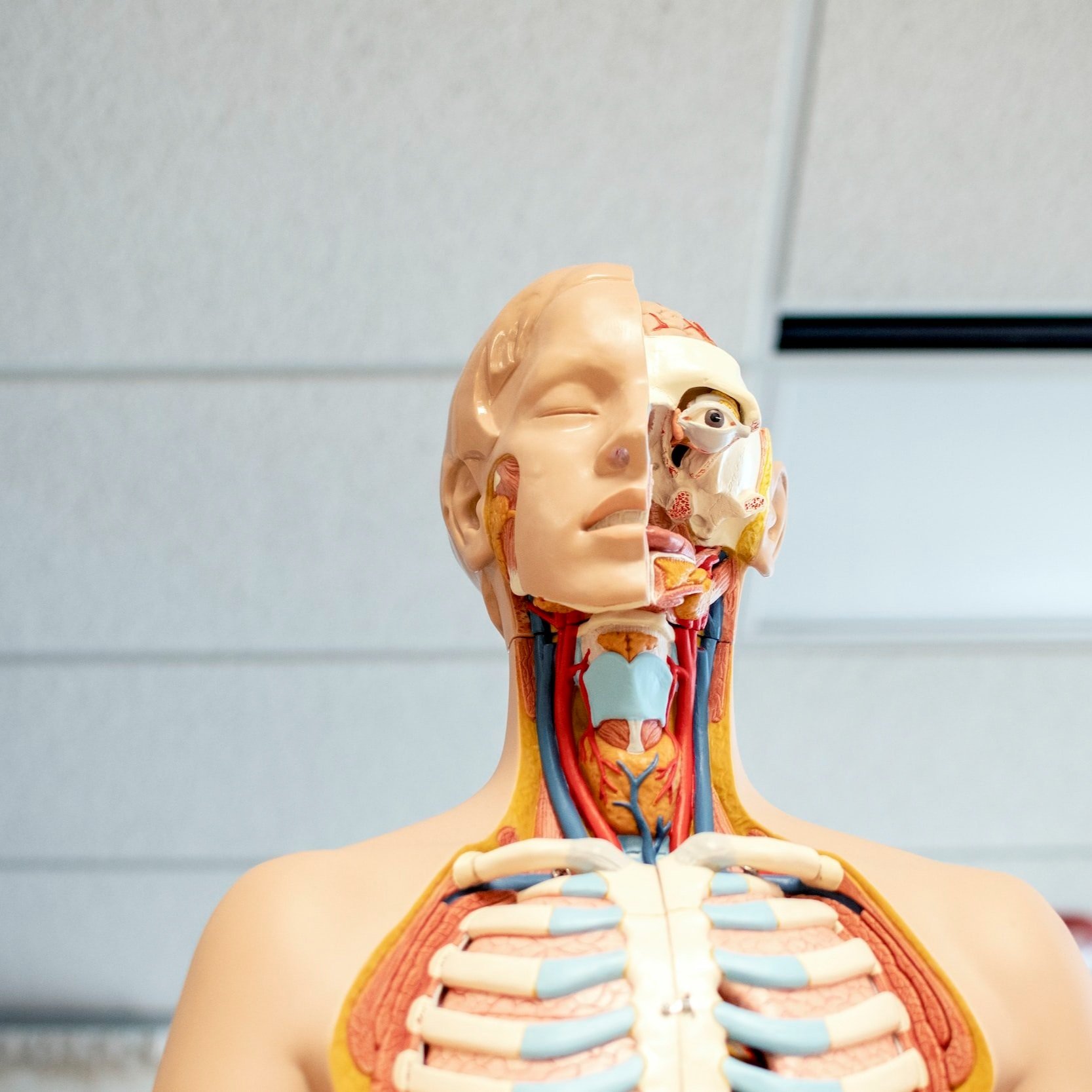
BLOG
An Introduction to Lesser-Known Oxbridge Degrees
As recent Oxbridge graduates, we know that some degrees at the University of Oxford and the University of Cambridge can sound like a foreign language when you first come across them. From personal experience, the degrees which are at first most confusing are the interdisciplinary ones, especially those with names that sound like obscure scientific terms: PPL, PPE, HSPS…. In this article we will run through what these degrees mean and what studying them could look like, helping you make informed decisions about your university applications.
Philosophy, Politics, and Economics (PPE) at Oxford
In Brief: Leaves students with widely-applicable skills in economic, social, political and philosophical thought.
PPE is renowned for producing UK prime ministers and global leaders, and on top of its career opportunities (ranging from finance and high-flying corporate jobs to NGOs and think tanks), it is a very academically stimulating degree. In your first year, you study all three main disciplines and then you have the option to carry on with all, or drop one. While in the first year you don’t choose your modules of study, in your second and third you have a broad range of modules to select from within your disciplines. Studying PPE means completing a huge variety of work: from solving Economics problem sheets, to writing essays on philosophical problems. Sometimes the subjects are very separated, but there are ways to combine them; such as by taking a Political Philosophy module.
Human, Social and Political Sciences (HSPS) at Cambridge
In Brief: Explores issues of politics, what it is to be human and the changing nature of human societies.
Human, Social and Political Sciences is a course designed to allow students to learn about a variety of ideas that overlap and inform one another in many ways. HSPS mostly focuses on issues of politics, what it is to be human, and the nature of our changing modern societies. In year one, students take four core papers, with the option of changing one of these core papers for a different subject: political philosophy, international relations, anthropology and sociology. In year two and three, students are able to choose all four of their papers based on their interests and in their third year can also opt to write a dissertation. As such, HSPS enables students to grasp a range of knowledge and to understand issues in a multidisciplinary and detailed way. HSPS at Cambridge and the Human Sciences at Oxford are quite similar courses but their main distinction (apart from different faculties and academic traditions) lies in the fact HSPS incorporates politics, while the Human Sciences are more biologically oriented.
Human Sciences at Oxford
In Brief: Takes a biological and social scientific perspective to examine human life and our place in global ecosystems.
The Human Sciences involves studying humans from biological as well as social scientific perspectives. In your first year you get the opportunity to build a foundation in a wide range of disciplines, including Genetics, Evolution and Physiology on the one hand; and Sociology, Demography and Anthropology on the other. Then in your second and third years you take most of these topics further and are assessed on them through coursework as well as final examinations. Moreover, in your third year you have the opportunity to follow your particular interests in your optional modules and a dissertation project, which can be experimental or literature based. You really start to make creative and exciting links between disciplines in the second and third year and this makes the end of the degree especially rewarding.
Psychology, Philosophy and Linguistics (PPL) at Oxford
In Brief: Fantastic for those who want to explore theories and methods in experimental psychology, philosophy and linguistics side-by-side.
Psychology is the scientific study of the human mind, its states and processes, as well as behaviour. Studying Psychology at Oxford is particularly experimentally-oriented rather than introspective. Philosophy on the other hand is highly introspective, giving you the opportunity to explore the nature of reality and fundamental questions surrounding values, truth, knowledge, identity and existence, among other topics. Finally, Linguistics is the scientific study of language and its structure with traditional foci on phonetics, morphology, and syntax among others. As a student of PPL, you have some degree of choice right from the start as you can choose in your first year to take introductory courses in a range of disciplines. Then in your second and third year you can choose to study all three main disciplines or specialise in two. You may also decide to take an optional fourth year to graduate with a Masters, involving a research-intensive, clinically-focused, or translation-focused project in Experimental Psychology.
Natural Sciences at Cambridge
In Brief: The framework under which you study any physical and biological science at Cambridge.
If you want to study any of the physical sciences (which study non-living physical phenomena) and biological sciences (which study living phenomena) at Cambridge, then you should apply under the framework of the Natural Sciences. This course offers a range of science subjects from 16 different departments and its structure reflects a desire to blur boundaries between disciplines and allow students to develop their skills as interdisciplinary scientists rather than as “biologists”, “physicists” or “chemists”. Students experience a broad first year with increasing opportunity for specialisation throughout the further years. You can choose modules purely from the physical sciences, or purely from the biological sciences, or from both according to your interests. Most students choose to study a single advanced subject in their third year and undertake a research project or dissertation in that option.
Conclusion
While these multidisciplinary and lesser-known degrees may seem more confusing at first, we greatly encourage you not to let that put you off exploring them and potentially applying! It is very important that you choose a course you will enjoy studying at university, and especially at Oxbridge where there is usually a higher workload. For those who have not found a single discipline that uniquely captures their interest, interdisciplinary degrees are a fantastic way to keep exploring multiple as well as discovering new subjects you might find a passion for! Feel free to get in contact with us today if you think you’d benefit from a taster session in any of these lesser-known degrees; we can connect you with an experienced Oxbridge-graduate in your area of interest.
Using 'Learning Styles' to Become a Well-Rounded Learner
Educational psychologist Walter Burke Barbe and colleagues proposed three modalities of learning: visual (V), auditory (A), and kinaesthetic (K). Visual learning involves absorbing information by sight, auditory learning by sound, and kinaesthetic learning through movement. Whilst entirely changing the way you learn based upon your own individual learning style is not encouraged - and indeed has been criticised in research literature (e.g.: Newton, 2015) - ‘thinking about thinking’ (i.e. reflecting on your preferences and strengths in terms of learning strategies) is certainly beneficial.
The Visual-Auditory-Kinaesthetic (VAK) learning style model can be a helpful starting point for thinking about different ways of learning and how you can diversify your studying techniques. With this in mind, this article will guide you through the research on VAK learning styles and how you can become a more well-rounded learner.
More About The VAK Learning Styles
VAK learning styles refer to the channels through which information can be perceived: vision, audition, and kinaesthesia. According to Barbe and colleagues, individuals may have distinct strengths and preferences concerning learning modalities; that is, you may learn more through a certain medium, but prefer another. Barbe also underlines that ‘modality strength’ is not a fixed characteristic. This means that the medium you learn best through changes over time and likely through practice.
This is really important as this suggests that students should not entirely change their learning to suit a particular learning style. Firstly, individuals cannot be identified as a single type of learner, but rather as a combination of all three. Secondly, as noted by Barbe, our strengths can change over time and through practice, suggesting that we should in fact learn to study through all modalities. For instance, if you learn best through auditory sources, you should perhaps practise with visual modalities so you are better able to learn this way when you are required to.
Whilst understanding that you should not only focus on one learning style , distinguishing between visual, auditory and kinaesthetic learning modalities can be a fruitful way to think about different ways to learn, and help you get more creative with your studying strategies! Have a look at the strategies listed below to help you reflect on how you currently learn and what you could change.
VAK Learning Strategies
Visual learning strategies might include:
Colour-coding notes
Creating mind-maps and diagrams
Planning work with neat to-do lists or timetables
Highlighting and annotating
Auditory learning strategies might include:
Reading your revision notes aloud
Recording yourself speaking and listening back
Listening to podcasts and YouTube videos on a subject
Discussing with peers
Creating rhymes or songs to help you memorise
Kinaesthetic learning strategies might include:
Associating gestures with pieces of information
Studying while moving around
Highlighting or underlining when reading a piece of text/notes
Thinking About Thinking
Reflecting on how you learn is certainly beneficial for your studying, for example by informing the activities you use for revision. Having read our list of suggestions for visual, auditory and kinesthetic learning strategies; consider firstly (1) how you learn at the moment and what learning styles you use both inside and outside the classroom, (2) what modalities and activities you enjoy, and (3) in what contexts you learn the most effectively. Thinking about these questions should help you identify your currently dominant strategies, your strengths and preferences. Then you should consider (4) what activities and modalities you have not tried, and would like to try; and (5) which modalities you find challenging, which could be areas to work on.
Final Advice
You should aim for diversity in the ways that you learn and revise - with some common themes. You should know how your final exam is taken - is it a written exam, a listening exam or an oral exam. This should guide your learning and revision. It is crucial that you practise the way that you will be tested and examined.
However, beyond this thinking about VAK learning styles can be a helpful starting point for thinking about how you absorb information, and how you can develop a more integrated approach to learning. If you think you could benefit from personalised guidance on how to diversify your learning strategies, our tutors are happy to provide guidance built on years of personal experience studying, as well as professional experience in tutoring.








